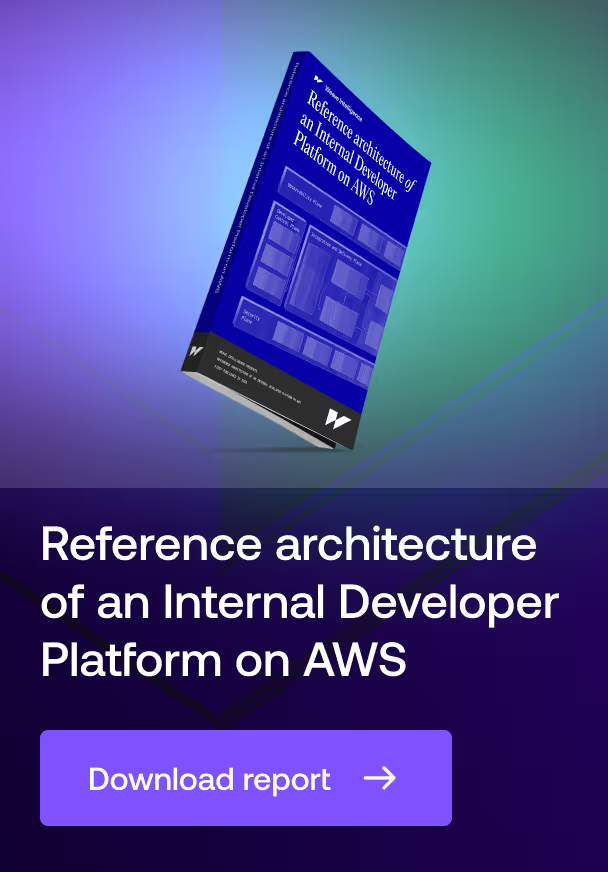Profile
CircleCI is a proprietary continuous integration and delivery platform that automates software testing, building, and deployment workflows. As one of the pioneering CI/CD solutions, it has evolved into a mature enterprise-grade platform used by development teams worldwide. The platform's core value proposition lies in its ability to streamline software delivery through sophisticated automation, enabling organizations to maintain high code quality and deployment reliability while significantly reducing manual intervention in the development pipeline.
Focus
CircleCI addresses the fundamental challenge of efficiently managing complex software delivery workflows. The platform eliminates development bottlenecks by automating code integration, testing, and deployment processes that would otherwise require extensive manual coordination. It serves development teams, DevOps engineers, and platform engineers who need reliable, scalable CI/CD capabilities. Key benefits include reduced time-to-deployment, consistent build environments, and the ability to maintain deployment quality across large-scale operations.
Background
Founded in 2011 by Paul Biggar and Allen Rohner, CircleCI has grown from a startup to a leading CI/CD platform provider. The company has secured over $315 million in funding and achieved a $1.7 billion valuation, demonstrating strong market position. Operating under a proprietary license while maintaining select open-source components, CircleCI is governed by a professional management team led by CEO Jim Rose and CTO Rob Zuber, with strategic direction influenced by major investors including Scale Venture Partners and IVP.
Main features
Configuration-as-code pipeline orchestration
CircleCI's pipeline configuration system enables teams to define entire build and deployment processes through version-controlled YAML files. The .circleci/config.yml approach allows engineers to specify job definitions, workflow orchestration, and environment specifications that can be versioned alongside application code. This architecture supports sophisticated dependency management between different pipeline stages while enabling reproducible builds across environments. The system includes support for conditional execution, parallel job processing, and reusable configuration components through orbs.
Multi-environment execution and containerization
The platform provides comprehensive support for diverse execution environments, including Docker containers, Linux VMs, Windows, macOS, and ARM-based resources. This capability enables teams to maintain consistent build environments while supporting cross-platform testing requirements. The Docker integration allows organizations to build, test, and deploy containerized applications, with built-in layer caching to optimize performance. The architecture supports both cloud-based execution and self-hosted runners for organizations with specific security or compliance requirements.
Enterprise security and compliance framework
CircleCI implements a comprehensive security architecture that includes encrypted environment variables, role-based access controls, and audit logging capabilities. The platform supports sophisticated policy enforcement through config policies that operate at the job level, enabling organizations to enforce security standards and compliance requirements automatically. The framework includes support for data sovereignty through self-hosted deployments, while maintaining SOC 2 Type II compliance and FedRAMP authorization for government use cases.






